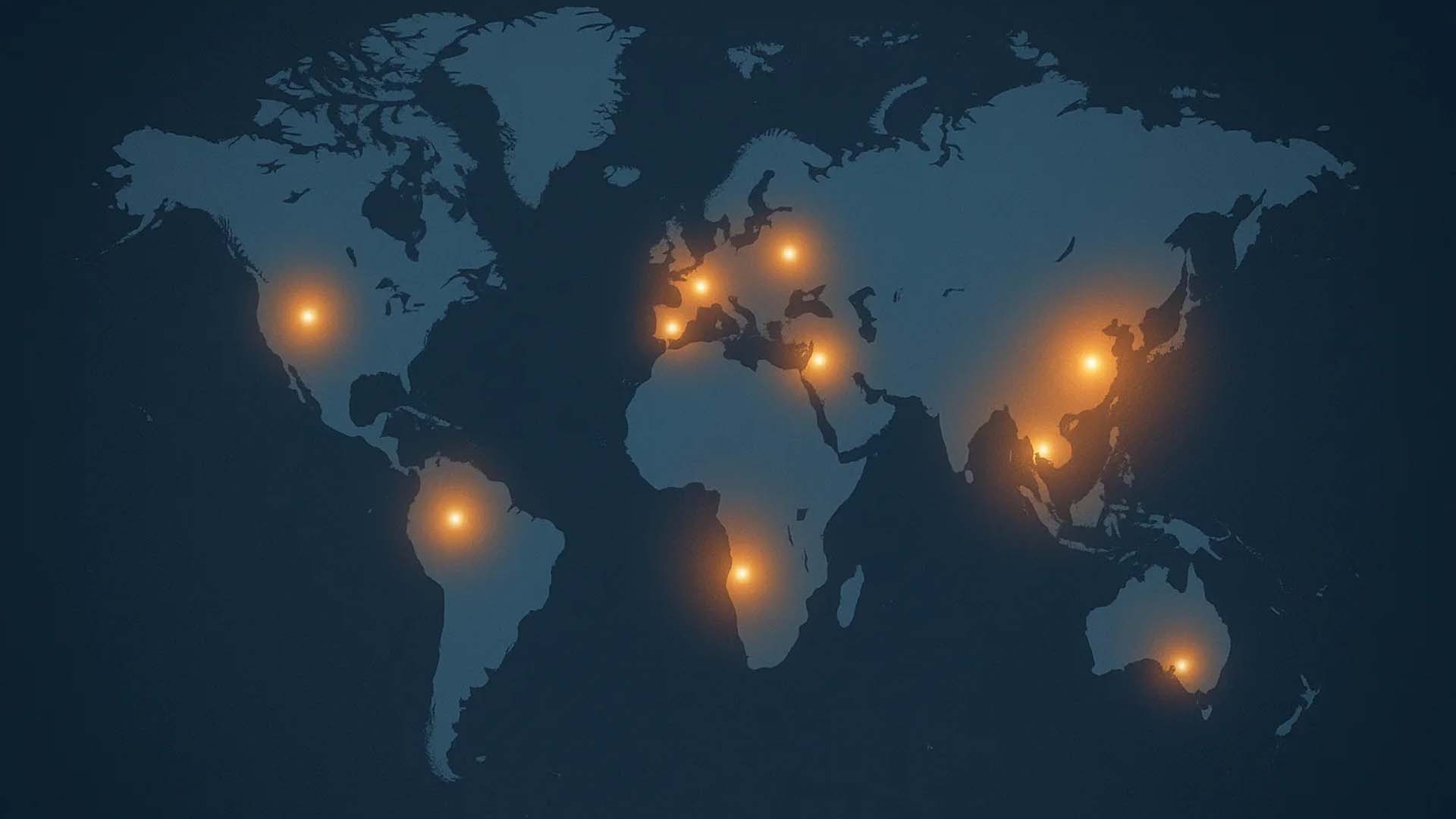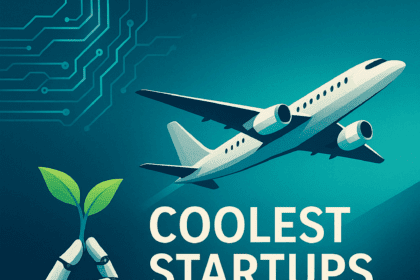In 2025, a silent yet seismic shift is unfolding in boardrooms and startups alike: ChatGPT is not just assisting employees it’s replacing entire teams. From marketing to legal, HR to product development, AI is delivering results faster, cheaper, and often with greater accuracy than humans. For business leaders, this is no longer a “future trend.” It’s an operational reality shaping competitive advantage.
From Assistant to Entire Department
Just two years ago, AI was marketed as a helpful co-pilot. In 2025, it has taken the driver’s seat. Large enterprises are replacing content teams of 10–15 people with a single strategist using ChatGPT-5 to generate research, strategy documents, ad campaigns, and customer communication tasks that once took weeks now take hours.

Example:
- After AI: One marketing lead prompts ChatGPT for brand voice, content strategy, and A/B-tested ad creatives all at a fraction of the cost.
- Before AI: A mid-size SaaS company’s marketing department of 12 handled campaigns, social media, blogs, and reports.
Industries Leading the Shift
1. Legal & Compliance
AI-powered legal copilots can scan thousands of pages of regulations in minutes, draft airtight contracts, and identify compliance risks instantly. For many startups, a single AI system now replaces an entire in-house legal team.
2. Customer Support
Advanced ChatGPT-powered bots handle multilingual, 24/7 customer service with personalized responses and proactive problem-solving reducing the need for large offshore support teams.
3. Product Development
From code generation to UX wireframing, AI can iterate prototypes overnight. Tech firms now run lean product teams, with AI acting as the “full-stack developer” and QA tester in one.
4. Research & Data Analysis
In finance and consulting, AI cuts through terabytes of data to produce actionable insights in real time—something that once required a team of analysts working for weeks.
The Numbers Tell the Story
- Cost Savings: Businesses report up to 70% reduction in operational costs after AI-driven downsizing.
- Speed: Project turnaround times have improved by 5–10x.
- Accuracy: Error rates in AI-driven tasks are now lower than human averages in areas like compliance, coding, and data entry.
Global Implications
This wave is not confined to Silicon Valley.
- MENA Region: Gulf-based conglomerates are integrating ChatGPT-5 into investment arms, automating market research and portfolio analysis.
- Asia-Pacific: Manufacturing firms deploy AI to run predictive maintenance and logistics, replacing large operational teams.
- Europe: Consulting giants are pivoting to “AI-augmented advisory,” cutting junior staff and focusing on high-level human strategy.

The New Role of the Human
This is not the end of human work it’s a transformation. Humans are shifting to meta-roles:
- Designing AI prompts and workflows.
- Overseeing ethics and governance.
- Making judgment calls in ambiguous scenarios.
The leaders thriving in 2025 are those who see ChatGPT as an executive partner, not just a tool.
By 2025, AI isn’t a replacement for talent it’s a force multiplier. But if you’re doing repetitive, template-driven work, AI will almost certainly do it faster and better.
Dr. Samira Al-Hassan, AI Ethics Advisor, Dubai
Key Takeaways
- Whole teams are being replaced, not just assisted.
- AI is delivering unprecedented speed, accuracy, and cost savings.
- The competitive gap between AI adopters and laggards is widening rapidly.
- Human roles are moving to strategy, creativity, and governance.
The Road Ahead
By 2030, the concept of “department” as we know it may disappear. Companies could be structured around AI hubs with a few human strategists at the helm. The question for today’s leaders isn’t whether AI will take jobs it’s whether they’ll design organizations that can harness it before competitors do.
FAQ
Q: Will ChatGPT eliminate all jobs?
A: No. It’s shifting work toward higher-level, creative, and strategic tasks while automating repetitive functions.
Q: Which jobs are most at risk?
A: Roles with repetitive, rule-based processes data entry, basic content creation, and standard legal drafting—are most vulnerable.
Q: How should companies prepare?
A: Invest in AI literacy, governance frameworks, and human-AI collaboration models.






